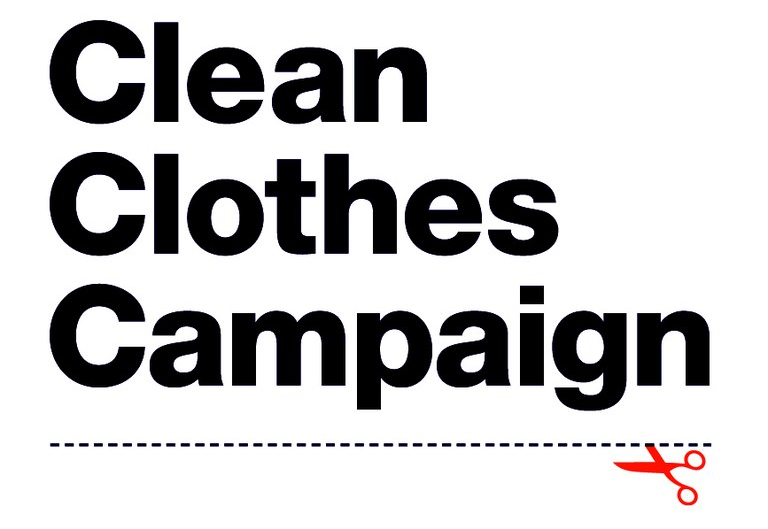Search results
3 results
Sort by:
BLOG - Failing workers by design: The fatal assurances of the social auditing industry
Rasul was working in the Multifabs garment factory on 3 July 2017 when he suddenly heard a loud noise and felt something hit his head.
BLOG - When ‘business as usual’ costs lives: workers in Pakistan call for a binding safety agreement
The global garment industry meets in Pakistan this week, giving them a golden opportunity to accept the lessons of the Ali Enterprises fire and take the first steps toward negotiating a safety agreement with workers’ groups.
Looking for a quick fix - How weak social auditing is keeping workers in sweatshops
This report from 2005 researches the weaknesses of social auditing. Social audits to check working conditions in production facilities emerged in the mid-1990s after a number of high profile companies were widely scrutinized for substandard working conditions in their supply chains. At that time, a growing number of companies-for example Nike, Gap, Levi Strauss, and C&A-had adopted codes of conduct that in essence were pledges to prevent exploitation and abuse of workers producing their goods. Labour advocates soon challenged these companies to demonstrate conformity to the standards they had adopted. Calls for independent, civil society based forms of workplace assessments were made.
